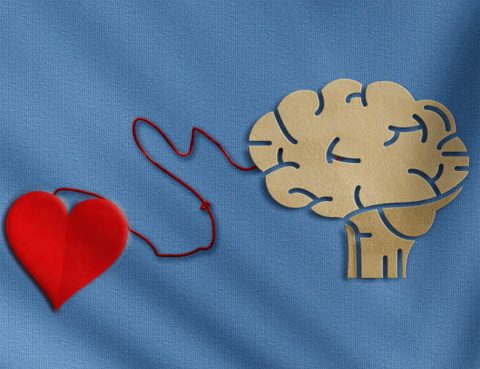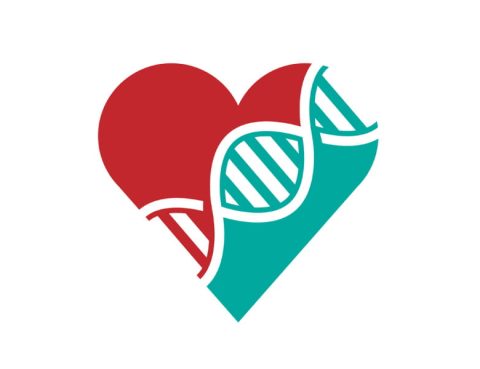(Carol Yepes/Moment via Getty Images) At least 6 in 10 adults in an older, more diverse U.S. population could be affected by cardiovascular disease within the next 30 years, according to two new science reports. The projected rise in heart disease and stroke – along with several key risk factors, including high blood pressure and…
(Topdesigner/iStock via Getty Images) Maintaining good cardiovascular health may affect a key process in how cells age, allowing people who are genetically predisposed to faster aging to reduce their risk for cardiovascular disease and death, new research suggests. The study, published Wednesday in the Journal of the American Heart Association, confirmed the benefits of following…
(FatCamera/E+ via Getty Images) Lea en español Although the heart and lungs are neighbors in your chest, people may think of them as separate entities with unrelated problems. But a growing body of evidence suggests that asthma – one of the most common lung disorders – is a risk factor for cardiovascular disease. Asthma is…
(chanida_p2/iStock via Getty Images) For a quick summary of the fight for clean air over the past century, look out of any office window. Odds are your view won’t be obscured by dangerous smog – or by clouds of cigarette smoke. For much of the past century, that would have been unthinkable. “Even since just…
(PeopleImages/E+ via Getty Images) Over the years, people with a genetic condition causing thickening of the heart muscle, known as hypertrophic cardiomyopathy, have received confusing advice on exercise. New guideline revisions aim to clear things up. They spell out that not only is exercise important and healthy but that some people with the condition, if…
(Malte Mueller/fStop via Getty Images) Lea en español Short bursts of anger may temporarily damage the ability of blood vessels to properly dilate, a function believed to be pivotal in preventing arteries from hardening, new research suggests. The findings, published Wednesday in the Journal of the American Heart Association, may help explain how anger contributes…





